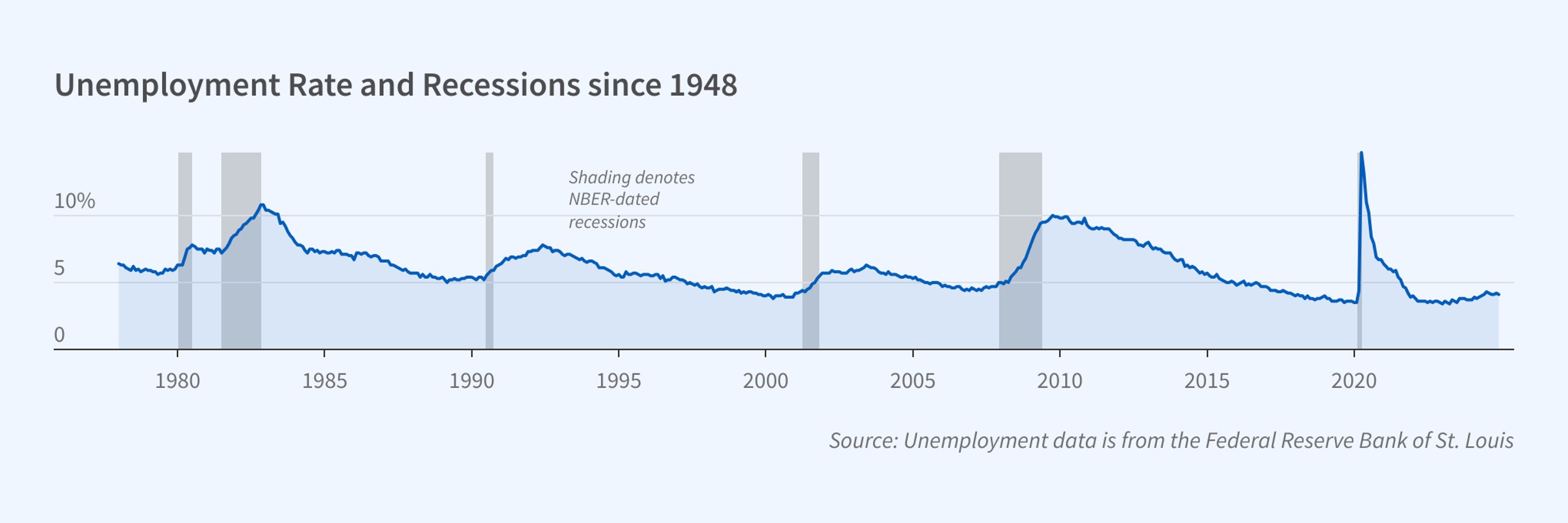
nber.org



















www.nber.org/digest/20260...

www.nber.org/digest/20260...






